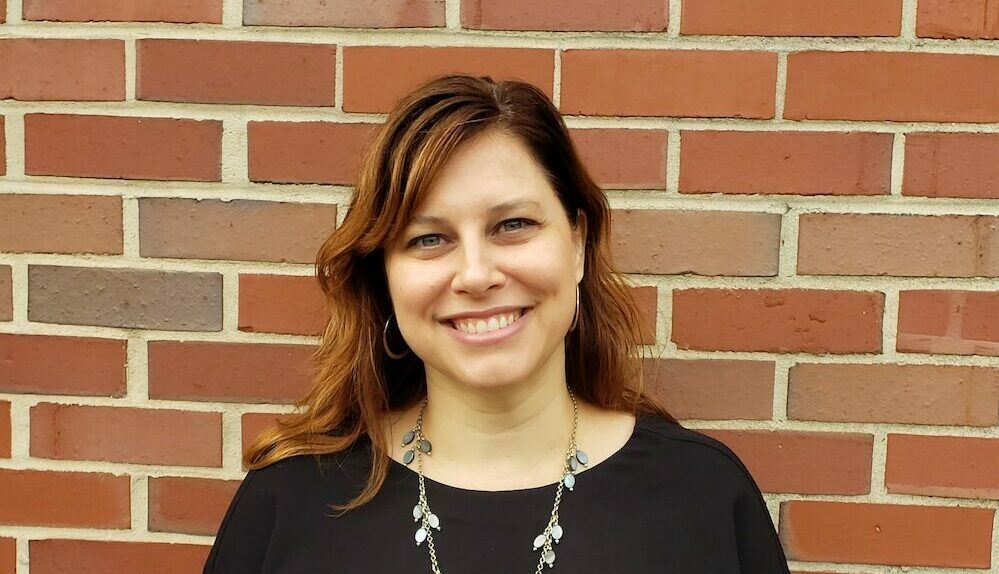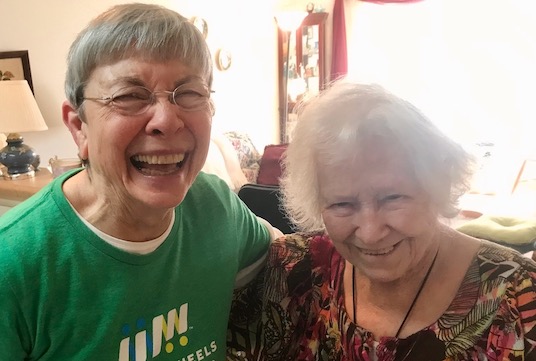It’s called the “Silver Tsunami” – the wave of baby boomers who are entering into their senior years across the country. This increase in the number of retired people locally has almost tripled demand placed on the Chapel Hill-Carrboro Meals on Wheels branch, which is a volunteer-based and private donation-dependent program.
Stacey Yusko, Director of the Chapel Hill-Carrboro Meals on Wheels, said the branch delivered approximately 32,200 meals to seniors in 2013.
“Every year we have grown by at least 11 or 12 percent. There was one year when we grew by 23 percent, so to try to keep up with that rise in demand is really challenging,” she said.
Yusko explained that 70 percent of the cost for providing the meals is borne by Meals on Wheels, which is not a federally-funded program. The only guaranteed funding it receives is from United Way. That’s why the organization relies heavily on at-large donations and grants.
In the next several years, projections show that the demand for Meals on Wheels will continue to increase at a staggering rate.
“I also think that there has been a lag-effect with the problems with the economy,” Yusko said. “People who weren’t planning on using Meals on Wheels and thought that they had everything in place found that their retirement savings had shrunk and that they needed help to actually stay home. One way is through the meal delivery service that we do.”
Meals on Wheels has grown so much that Yusko shared that she is currently searching for a bigger space to house the program. For the past 37 years, they have operated out of Binkley Baptist Church rent-free.
The local branch employs only two part-time employees, counting on the 150 volunteers who make Meals on Wheels possible.
The program is a need-based service, meaning that it is not just for seniors who cannot afford food, but also for those who are unable to prepare meals for themselves due to illness, disability, or are in a period of recovery.
Yusko explained the service helps them maintain independent living while keeping them safe at home. It also allows volunteers to connect with seniors, many of whom live alone.
“It is a funny thing, but we all hope to be in that position where we are living independently, and we can stay home if we had just a few simple services to help us. I think that is what we do. We try to keep people out of assisted living and in the homes they are used to and are familiar with.”
In a time when the nation’s social services are being stretched thin, a recent study conducted by Brown University found that those states which invest more in delivering meals to seniors’ homes have lower rates of “low-care” seniors moving into nursing homes. “Low-care” refers to adults who only a little support to stay in their homes.
This saves tax money that would be spent to unnecessarily move the low-care seniors into nursing facilities, when they don’t actually require a majority of the services.
Related Stories
‹

These Numbers Show How 2 Years of War Have Devastated Palestinian Lives in GazaNumbers alone cannot capture the toll the Israel-Hamas war has taken on the Gaza Strip. But they can help us understand how thoroughly the conflict has upended the lives of 2.1 million Palestinians living in the territory.

A Mission of Mercy, Then a Fatal Strike: How an Aid Convoy in Gaza Became Israel’s TargetWritten by JACK JEFFERY, JULIA FRANKEL and WAFAA SHURAFA It was hours after sundown when the eight aid trucks drove from the makeshift jetty, cobbled together from tons of wreckage left across Gaza by months of war. The trucks were escorted by three vehicles carrying aid workers from the World Central Kitchen, the relief organization that […]

UN Says ‘Famine Is Imminent’ in Northern Gaza as Israel Launches Another Raid on the Main HospitalThe U.N. food agency said “famine is imminent” in northern Gaza, where 70% of the remaining population is experiencing catastrophic hunger.

PORCH Chapel Hill-Carrboro Appoints New Executive DirectorPORCH, a Chapel Hill-Carrboro non-profit, named a new executive director last week.

Once Starved by War, Millions of Ethiopians Go Hungry Again as US, UN Pause Aid After Massive TheftWritten by ELLEN KNICKMEYER and CARA ANNA An Orthodox Christian priest, Tesfa Kiros Meresfa begs door-to-door for food along with countless others recovering from a two-year war in northern Ethiopia that starved his people. To his dismay, urgently needed grain and oil have disappeared again for millions caught in a standoff between Ethiopia’s government, the United States and United […]

Orange County Meals on Wheels Kicks Off 'March for Meals'Meals on Wheels has kicked off its annual March for Meals. In Chapel Hill, that means volunteers get to bring "celebrity" guests on routes.

‘So Many Children Dying’: Somalia Drought Brings Famine NearWritten by CARA ANNA A man in a donkey cart comes wheeling through the dust, carrying two small, silent boys. The sky is overcast. It could rain. It won’t. It hasn’t for a very long time. Mohamed Ahmed Diriye is 60 years old, and he’s completing the grimmest journey of his life. He set off […]
![]()
Many Still Seeking Food, Shelter a Year After Haiti QuakeWritten by EVENS SANON and DÁNICA COTO The cinderblock home with a tin roof that Erline Castel and Dieunord Ernest rented was among the more than 130,000 houses damaged or destroyed by a powerful earthquake that struck southern Haiti last year, killing more than 2,200 people. In the days after the magnitude 7.2 quake hit, […]
![]()
In Locked Down Chinese City, Some Complain Food Hard To GetWritten by KEN MORITSUGU Residents of the Chinese city of Xi’an are straining under a strict coronavirus lockdown, with some complaining of difficulties finding food, despite assurances from authorities that they are able to provide necessities for the 13 million people largely confined to their homes. Stringent measures to stem outbreaks are common in China, which still […]
![]()
More Than 1 Million Need Urgent Food Aid in South MadagascarWritten by LAETITIA BEZAIN Parched by four years of drought, more than 1.1 million people in southern Madagascar urgently need food aid in a rapidly worsening crisis, experts warn. About 700,000 people are already receiving food aid and increased emergency assistance is needed, according to WFP which is working with the Malagasy government and other […]
›








